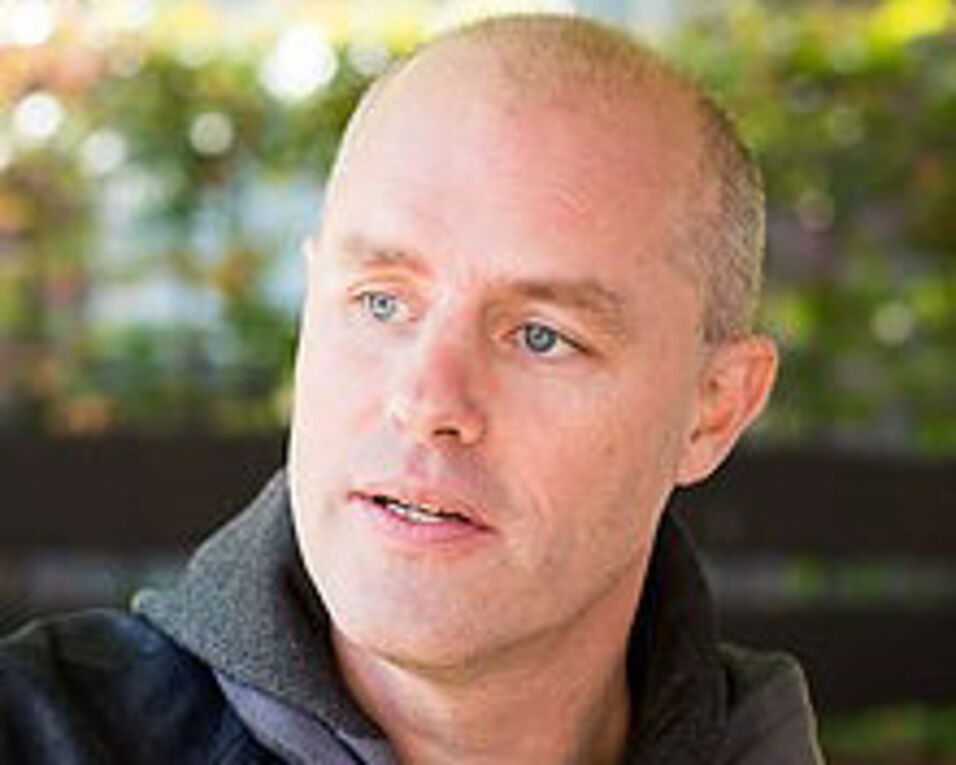In this talk I will discuss experiments that combine behavioral measurements with multivariate decoding of EEG data to investigate the neural basis of consciousness. Intuitively, people think that measuring consciousness is easy: you simply ask an observer to convey whether they are conscious of a stimulus or not. However, things are not that that simple. In the first part of this talk I will present data from experiments that use subjective measures of consciousness, such as the Perceptual Awareness Scale (PAS). In such paradigms, the target stimulus is kept the same, and trials are sorted based on seen-unseen responses, separately computing the neural correlate for seen ('conscious') and unseen ('unconscious') trials. However, seen-unseen decisions are known to be subject to haphazard criterion shifts. I will show how such criterion shifts directly impact the putative correlates of 'conscious' and 'unconscious' processing, questioning the validity of subjective measures. In the second part of this talk I will present data using objective measures of consciousness. In such paradigms, consciousness is explicitly manipulated, and the effect of this manipulation on the brain is measured. Here, I show how two standard manipulations of consciousness (masking and the attentional blink) can have very different effects on the putatitive correlate of conscious perception. These data suggest that consciousness is not a unitary phenomenon, and that neural processes may show the hallmark of conscious experience even if stimuli are not reported.
Prof. Johannes Fahrenfort (UvA- University of Amsterdam, NL)
Organiser:
Department Basic Psychological Research and Research Methods (Cognitive Psychology)
Location:
Faculty of Psychology (Lecture hall G, 2nd floor, left wing)

